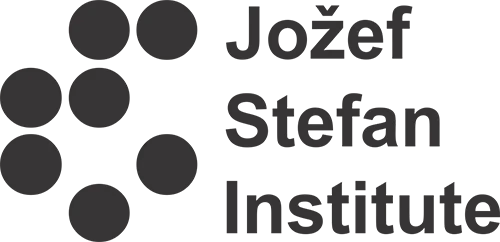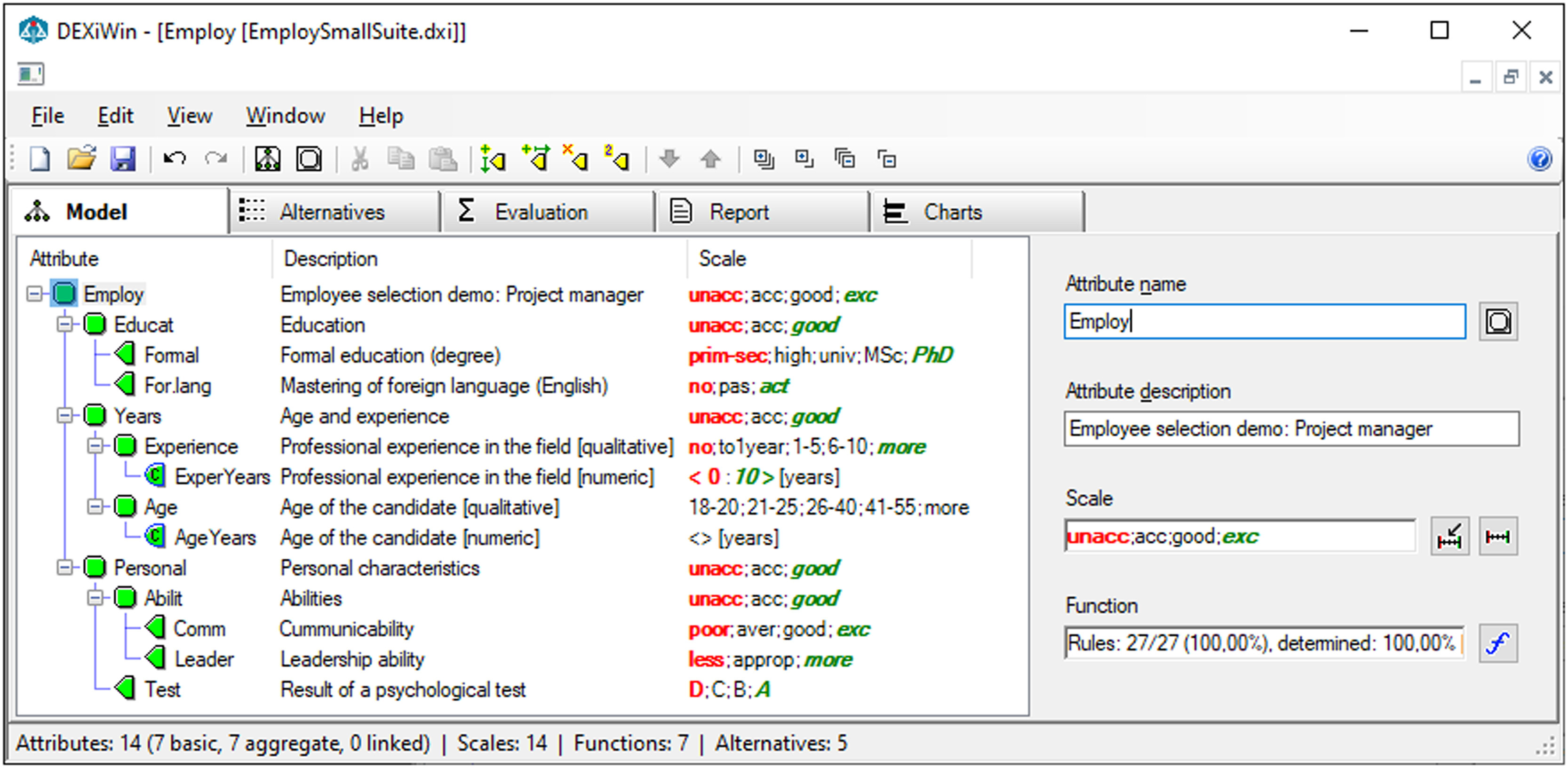Case Studies
 Company: Jožef Stefan Institute
Company: Jožef Stefan Institute
Products used: Oxygene
**Project: DEXi Suite
Overview
The Jožef Stefan Institute (JSI), based in Ljubljana - is the largest research institute in Slovenia in the fields of natural sciences, life sciences, and engineering. With about a thousand researchers, the institute participates in various international research projects, developing advanced scientific software tools to address complex problems. One such toolset is the DEXi Suite, developed at JSI to support qualitative decision-making processes in research and applied domains.
DEXi Suite is designed for qualitative multi-criteria decision analysis (MCDA) that uses the DEX method’s rule-based, hierarchical models to process expert knowledge and qualitative data, enabling informed decisions in areas where precise numerical data is limited, such as environmental evaluations, risk assessments, and policy planning.
The Challenge
The earlier versions of DEXi were developed in Delphi, which over time revealed architectural limitations that hindered maintainability and further development. As Delphi evolved, it became clear the platform was becoming less suitable for long-term support and modern software requirements.
The development team faced several key challenges:
- Refactoring the codebase to improve maintainability and scalability
- Transitioning to a modern programming environment without losing existing code assets
- Achieving cross-platform compatibility, targeting both .NET and Java runtimes
- Providing tools that could be easily deployed as standalone applications for researchers
The Solution
RemObjects Oxygene was selected as a successor to Delphi largely because it maintains compatibility with Object Pascal syntax. Its language features support building scalable and maintainable software. While most of the surrounding development environment in the institute relies on Python - which is less strong in object-oriented terms and more challenging to deploy - Oxygene makes it possible to deliver DEXiWin as a single .exe file, which remains a significant advantage.

Implementation and Technology Stack
The current DEXi Suite consists of three main components developed entirely in Oxygene:
- DEXiLibrary (cross-platform class library)
- DEXiWin (interactive Windows editor)
- DEXiEval (command-line evaluator)
Non-Oxygene components include interfaces for R and Python environments (DEXiR and DEXiPy). Development occurs primarily in Visual Studio on Windows.
Alongside Oxygene, legacy Delphi code remains for older software, while Python, R, and Java are used where appropriate for scripting or integration. The team occasionally uses databases depending on project needs.
The DEXi Suite continues to evolve, with new version anticipated soon, and plans for a more advanced DEX library in 2026 and beyond.
- Products
- Data Abstract
- Remoting SDK
- GitBrowser
- CodeBot
- Hydra
- Elements:
- RemObjects Oxygene
- RemObjects C#
- RemObjects Silver (Swift)
- RemObjects Iodine (Java)
- RemObjects Gold (Go)
- RemObjects Mercury (VB)
- Fire & Water
- Resources
- Downloads
- GitHub
- Documentation
- Data Abstract Docs
- Remoting SDK Docs
- Elements Docs
- Hydra Docs
- Shop
- New Users
- Renewals
- Shopping Cart
- Customer Portal
- Your Orders
- Your Downloads
- Forgot Your Password?
- Support
- Standard Support
- Premium Support
- RemObjects Talk
- Reporting Bugs
- Company
- About
- Privacy Policy
- Contact
